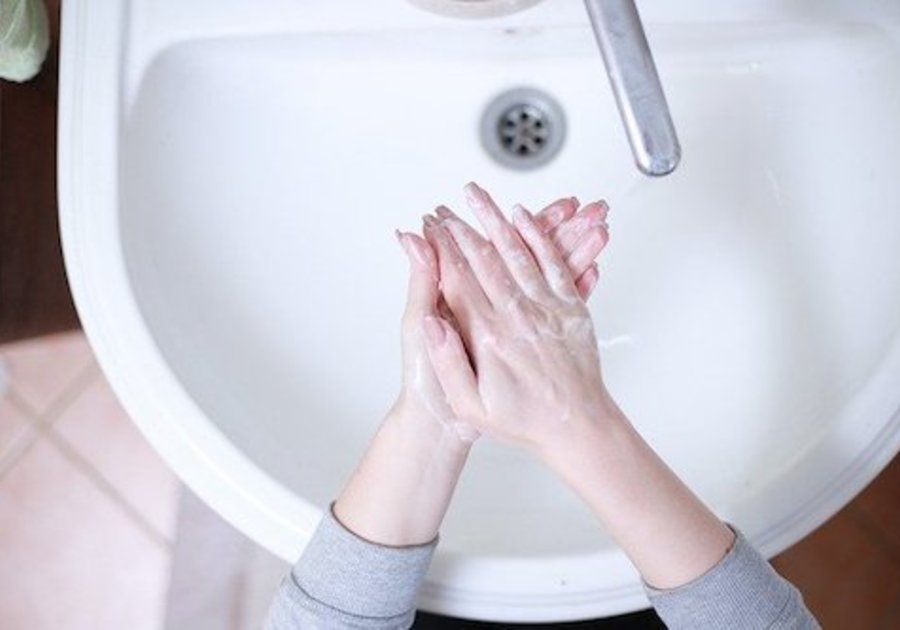With news of the coronavirus spreading quickly around the world, we wanted to take a moment to share information about the virus. If you're like us, there's so much information out there it can be hard to know what to trust or believe. So we've tried to compile easy-to-understand answers to seven questions we hear you asking. We gathered this information in early March from the Centers for Disease Control and Prevention. You can also check this article for information on COVID-19.
What is coronavirus?
Coronavirus is a family of viruses that cause respiratory infections. These include illnesses like SARS and MERS, but also four different strains of the common cold. The difference with this new virus (named COVID-19) is just that... it's new, and there is currently no known remedy.
As of publication, the CDC estimates that 80 percent of the people who contract COVID-19 will experience cold- or flu-like symptoms and recover easily.
That said, there are members of the general population who can die from COVID-19. Especially susceptible to severe effects from the illness are the elderly and those with underlying health conditions. That means, to help prevent or slow the spread, we all should take commonsense precautions to protect ourselves from COVID-19.
How does it spread?
COVID-19 spreads person-to-person. This includes close contact, coughs, sneezes, and touching the same surfaces.
What are the symptoms?
It can take 2 to 14 days after exposure for symptoms to appear. Common symptoms include fever, cough, and shortness of breath and can range from mild to severe.
How can I protect myself and my family?
The same way you protect yourself and your family from any other illness.
- Wash hands with soap and water, often.
- Avoid touching your face (eyes, nose, mouth).
- Stay away from people who are sick.
- If you are sick, stay home. You'll help protect others who have compromised immune systems.
- Cover your coughs and sneezes -- but use your elbow.
- Disinfect surfaces that are touched frequently (think counters, phones, light switches, doorknobs, and handles).
Should I get face masks for my family?
Is it NOT recommended to wear a face mask to protect against COVID-19. These are needed for the medical community and those who are showing symptoms. Also, many types of face masks can offer a false sense of security against contracting the illness.
Who is the most vulnerable?
So far, elderly people and those with underlying health conditions seem to be the most susceptible to severe cases.
But it is possible for anyone to contract COVID-19. The good news is that it seems children are less likely to have a severe case of coronavirus. This does not mean children are immune and they could potentially still spread it to others if infected.
How much should I worry?
The CDC reported in early March that, while it's an ever-changing situation, most people in the United States "have little immediate risk of exposure to the virus that causes COVID-19." It is important to understand that no group of people are more or less likely to get coronavirus -- ethnicity, gender, and age are not factors.
For the most up-to-date information on COVID-19 visit www.cdc.gov or your local department of health website, and inquire at your child's school about emergency operation plans in place in case of outbreaks.
This article originally appeared in Macaroni Kid Family Wellness.



